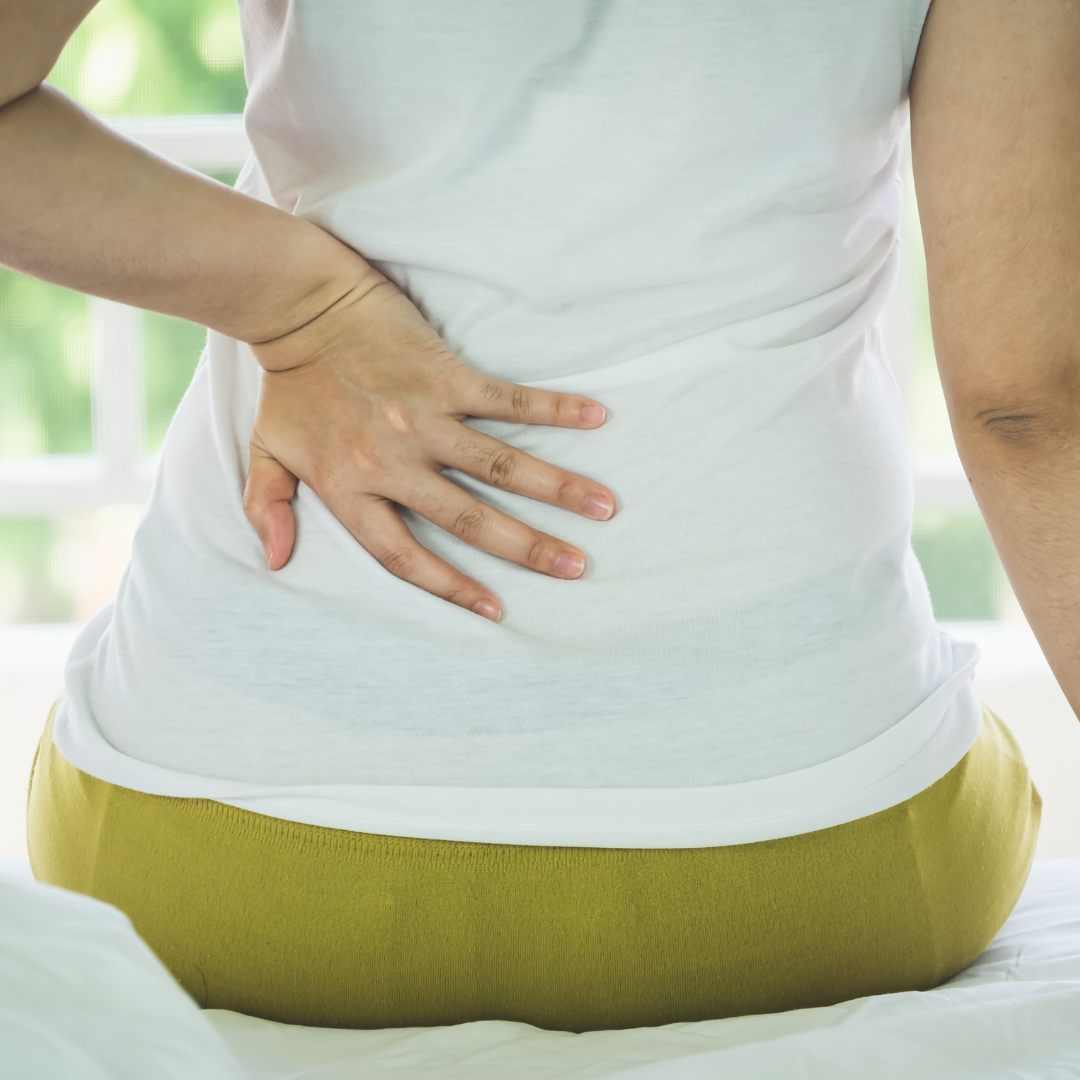
Taking Charge of your Fascia
By the time we reach our peri- menopause, most women have experienced many years of change. Changing who we live with, where we work, how we spend our leisure time and who we are responsible for - children, elderly relatives and extended family.
And if you are reading this blog, you are probably noticing physical changes too, you may have less energy than you used to, be getting less sleep and more prone to injury or generalised aches and pains.
In the same way as you may have taken charge of your nutrition, perimenopause is also a good time to bring awareness to how you move during your day and whether there is a pattern which could be contributing to the way you feel.
Take a moment to think about this - in most areas of life, our body only moves in a frontal plane, meaning moving to whatever is in front of us.
Much of our day is spent sitting at a desk, cooking, driving, even walking or running tends to be in a forward direction.
How many movements do we make in the day that involve twisting or side bending? Unless you play a racket sport, or do yoga or pilates we don’t move much in these directions.
But think about the injuries that you or someone you know have had, and their description of how it happened.
“ I was reaching to get a bag behind my chair”
“I was just bending down to put the laundry in the washing machine”
Invariably these injuries involve a movement from an awkward angle causing a sudden pain in your back, shoulder or knee. Injuries that often result in being out of action for weeks, or even months.
Once you are aware of this you can implement a regular routine where you are challenged to move in a variety of directions so that your muscles are lengthened and supple enough to withstand rotational movements with less risk of injury.
So, What is Fascia?
Each of us is wrapped in fascia, “connective” tissue, it surrounds all our bones, muscles and organs and makes sure muscles and tissue can glide easily around our skeleton.
Think of your fascia as being like putting on a onesie and you tie a knot somewhere in the fabric. Now try and stretch your arms and legs and see how that restriction is causing restrictions in other parts of your body!
Restriction can be as a result of poor posture, surgery or over and under exercising. Amazingly fascia contains 6 times more nerves than any other tissue, so often when we think we have pulled muscle, in fact it’s our fascia that is causing the pain.
Imagine you spend all day, five days a week at your desk. You hardly move your ribcage. At the weekend you want to go for a walk and play a little bit of tennis. Your long day in a sitting position means that your hips are tight, so your pelvis will be too. You enjoy the walk but at the end your back is sore.
Then you pick up your racket to play tennis and your shoulder is feeling niggly - as you were trying to make that serve your shoulder is objecting because it hasn’t moved all week.
In order to be as mobile and flexible as possible, it’s useful to be aware of how your lifestyle may be affecting you - and to make a plan to address these issues.
The good news is you CAN be pain free and mobile by making sure you pay attention to how you move. And this is where our wide range of specialist fitness classes can help.
We have classes for complete beginners in Pilates and Yoga, why not make a date in your diary to follow a series - your fascia will love you for it!
www.harleystathome.com | Instagram @harleystreetathomemenopause
Facebook: Search Harley Street at Home: Diagnosis, Symptoms & Treatments or Harley St at Home: Lifestyle, Self-Care and Lifestyle to join our private community



